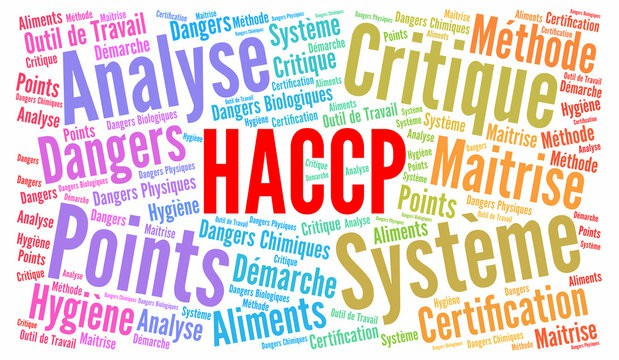


 349,500 Offered Certificates
349,500 Offered Certificates
 24/7 Online Training
24/7 Online Training
 Money Back Guarantee
Money Back Guarantee
 Fully Accredited Courses
Fully Accredited Courses

Created at: 26-02-2025 10:38
As the food industry continues to evolve in Ireland, ensuring food safety compliance has never been more critical. Whether you operate a restaurant in bustling Dublin, a catering service in Cork, or a manufacturing facility in Galway, HACCP training is essential for safeguarding the health of your customers and your business. In this blog post, we will delve into why HACCP training is vital for food safety compliance across major Irish cities, focusing on the principles of HACCP, legal requirements, best practices, and how certification can elevate your food safety standards.
HACCP, or Hazard Analysis Critical Control Point, is a proactive approach to food safety that identifies and controls potential hazards in the food preparation process. It is a structured system recognized globally as a standard for minimizing food safety risks. The main principles of HACCP include:
In a landscape governed by strict food safety regulations, HACCP training is not just recommend but required. Here are some compelling reasons why:
Under Irish and EU law, all food businesses must implement HACCP principles to comply with food safety standards. Failure to do so can lead to severe consequences, including legal action, fines, and damage to your reputation.
Foodborne illnesses pose a significant risk to public health. Statistics indicate that they can result in hospitalization and even death. HACCP training equips food industry professionals with the knowledge to identify hazards and implement measures to prevent contamination, ultimately protecting your customers.
Through proper training in HACCP principles, food handlers can significantly improve hygiene practices within their establishments. This commitment not only enhances food safety but also builds trust and confidence among customers, essential for any successful food business.
Achieving HACCP certification involves several steps:
With advancements in technology, online HACCP training has emerged as a popular option, allowing flexibility for busy professionals. However, in-person training offers the chance to participate in hands-on activities. Consider your workforce's needs, learning preferences, and the type of business you operate when deciding which format to pursue.
To successfully implement HACCP in your food business, consider the following best practices:
Consumers are becoming increasingly aware of food safety issues, making HACCP compliance essential for maintaining a positive reputation. Businesses certified in HACCP show their commitment to high standards, which can lead to increased customer loyalty and higher sales. Moreover, many establishments require proof of HACCP training to establish partnerships and contracts, especially in the catering and retail sectors.
Regular HACCP audits help maintain compliance and ensure your protocols are effective. Here’s how to conduct one:
For food businesses in Dublin, Cork, Galway, Limerick, Waterford, and Belfast, HACCP training is not just a regulatory requirement—it is an investment in safety, health, and reputation. Ensuring compliance with HACCP principles through proper training will protect your customers and elevate your business in the competitive food industry. Don’t wait; start your journey towards HACCP certification today.
Ready to ensure your food business meets HACCP standards? Enroll in our comprehensive HACCP training course today and secure your food safety certification.